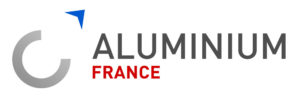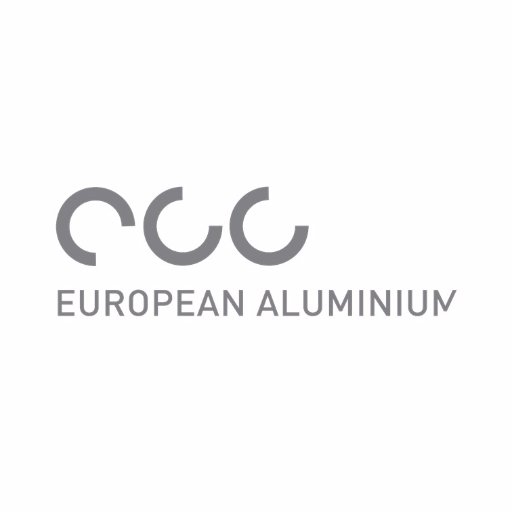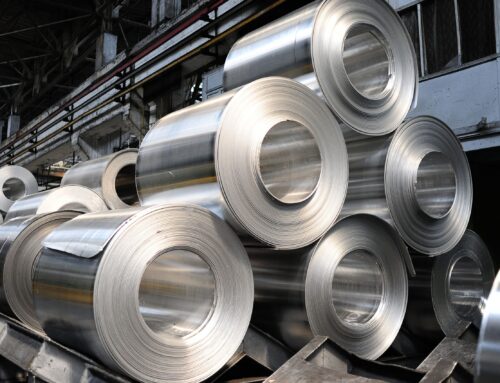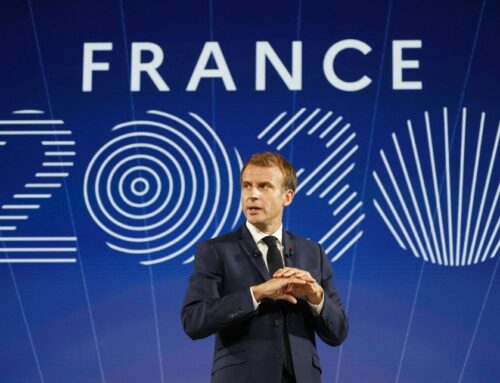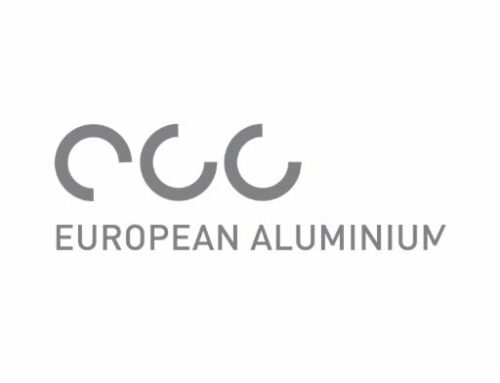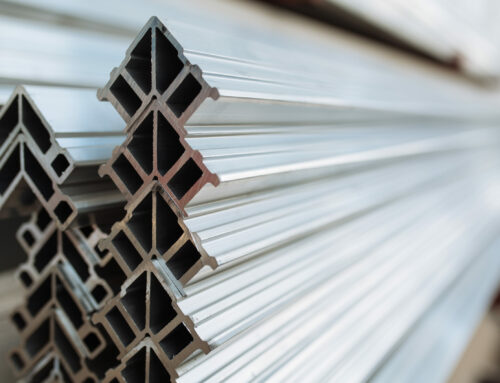On July 14, 2021, the European Commission presented its proposal for a European Carbon Border Adjustment Mechanism (CBAM) as part of the “Fit for 55”. While supporting the principles of the ambitious EU decarbonization roadmap, European Aluminum is concerned about the negative economic and climate impact of including aluminum in the pilot phase. The industry is ready to work with the European Parliament and EU member states to find an alternative and effective carbon leakage mechanism for aluminum.
“Aluminum is a crucial metal for Europe’s transition to a circular and carbon neutral economy. We support today’s climate package aimed at realizing the EU’s higher climate ambition and we expect it to further stimulate demand for our circular and light metal. However, we are very concerned about the decision of the European Commission to include aluminum in the initial list of sectors targeted by the carbon adjustment mechanism. at the proposed borders. The absence of reinforced measures to protect against carbon leakage and the current design of the CBAM do not allow to meet the indirect costs of carbon which the European aluminum sector faces with regard to the rules of the EU’s electricity market ”, comments Gerd Götz, Managing Director of European Aluminum.
The fully electrified nature of primary aluminum production makes European producers the most exposed to the indirect costs of carbon emissions. In Europe, the carbon costs of electricity are evolving regionally due to price dynamics in interconnected regional electricity markets, accounting for up to 40% of total aluminum production costs. No other material submitted to CBAM is as exposed as aluminum to the impact of the indirect costs of carbon emissions.
“Based on the unique challenges of our sector, today’s CBAM proposal will not help reduce global CO2 emissions in our sector, but will accelerate the trend of investment and job flight that industries Europe has experienced in recent decades. There will be cost implications throughout the metals value chain, which could lead to an increase, not a decrease, in carbon leakage, “says Gerd Götz. “At the same time, we are pleased that the Commission has recognized that its current design of CBAM cannot address the indirect carbon costs that even low carbon aluminum producers face due to higher prices. by allowing more time to develop adequate solutions, it proves that in its current design, CBAM cannot effectively offset the indirect emission costs faced by European producers – even if they use 100% low-carbon electricity – compared to their main global competitors (China, Middle East, Russia) “, he added.
In addition, the risk of circumvention of the proposed mechanism is particularly high for the aluminum value chain, which further reduces the conditions of competition for European aluminum producers. In particular, the intention of the European Commission to phase out existing measures to protect against carbon leakage will have a considerable impact on the competitiveness of the European sector. “We cannot risk losing an industry essential to Europe’s green transition, especially considering that Europe has already lost 30% of its primary production plants since 2008”. In the aluminum sector, maintaining measures concerning existing carbon leakage until 2030 remains essential for the competitiveness of European exports and the fight for the reduction of carbon emissions at the global level. “Climate change cannot afford to take Europe’s highly sustainable aluminum plants off the market,” Götz stressed.
In order to allow adequate protection against any further carbon leakage and investment, European Aluminum calls on EU policy makers to keep aluminum under the current framework of carbon leakage measures and to implement new ones. EU ETS state aid guidelines until 2030. “A phased or early withdrawal would not give our industry the long-term regulatory certainty necessary to implement our low-carbon investment plans,” concludes Götz.
With the aim of tackling carbon leakage and supporting Europe’s industrial sovereignty, the European aluminum value chain has underlined its commitment to work with the European Commission, EU co-legislators and wider stakeholders to design an effective CBAM for aluminum in the next phase.
